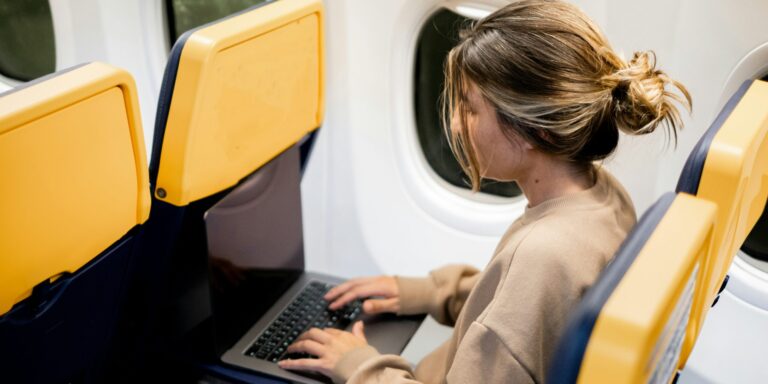As of early August, the U.S. business travel sector continues to trail behind the robust rebound seen in leisure travel. Despite growing confidence among vacationers and tourists, corporate travel demand remains significantly lower than pre-pandemic norms, casting a shadow over segments of the hospitality and commercial property industries that traditionally rely on steady mid-week business activity.
Hotel chains and major airlines have reported a slower-than-expected return of corporate bookings, with executives noting that business travel remains far below 2019 benchmarks. While there has been a modest rise in weekday occupancy—especially in cities known for hosting regional events—national conferences, trade shows, and large-scale corporate meetings remain sparse.
Commercial property managers in business districts and convention hubs across the country are observing incremental gains, particularly from smaller firms and industry associations hosting local gatherings. These events, often tied to specific sectors like healthcare or manufacturing, are helping to sustain some activity, but they do not yet represent a full return to regular business travel cycles.
Read Also: https://rentmagazine.com/foreign-investment-in-u-s-housing-hits-56-b-highest-since-2017/
The sluggish pace of recovery has several contributing factors. Many companies continue to rely heavily on remote work models and virtual meeting platforms, which became entrenched during the pandemic and have since become cost-saving fixtures. With inflation and economic uncertainty still lingering, businesses remain cautious about discretionary travel budgets and face mounting pressure to control expenses.
Moreover, ongoing uncertainty around trade policy and global supply chains has led many multinational firms to delay major meetings and conferences. Analysts suggest that executives are holding off on committing to large-scale travel plans until there is more clarity on tariffs, international agreements, and economic forecasts.
The muted recovery has ripple effects on hospitality-dependent urban economies. In cities like Chicago, Atlanta, and Dallas—historically strongholds for business conventions—hotels are seeing mid-week occupancy rates inch upward, but overall volumes remain below seasonal expectations. Airlines, too, report fewer last-minute business ticket purchases, a key revenue stream that has yet to rebound.
Even as some sectors, such as technology and finance, begin to schedule more in-person gatherings, the overall landscape remains fragmented. Regional events and client site visits are returning faster than national conventions, and travel frequency among executives remains notably reduced. This uneven recovery has forced travel-related businesses to adjust strategies, with many targeting hybrid events or bundling leisure and business travel options to lure cautious corporate clients.
Despite the slow pace, industry observers maintain a cautiously optimistic outlook. Many believe that business travel will resume more robustly in the second half of 2025, once broader economic conditions stabilize and companies begin to reinvest in face-to-face engagement. This timeline is tied closely to developments in trade and fiscal policy, which influence corporate confidence and long-term planning.
For now, the sector remains in a transitional phase. Companies are re-evaluating the purpose of travel, prioritizing strategic meetings over routine trips, and integrating flexibility into how and when employees hit the road. The result is a quieter-than-usual business travel season, with signs of momentum building slowly but not yet signaling a full recovery.
